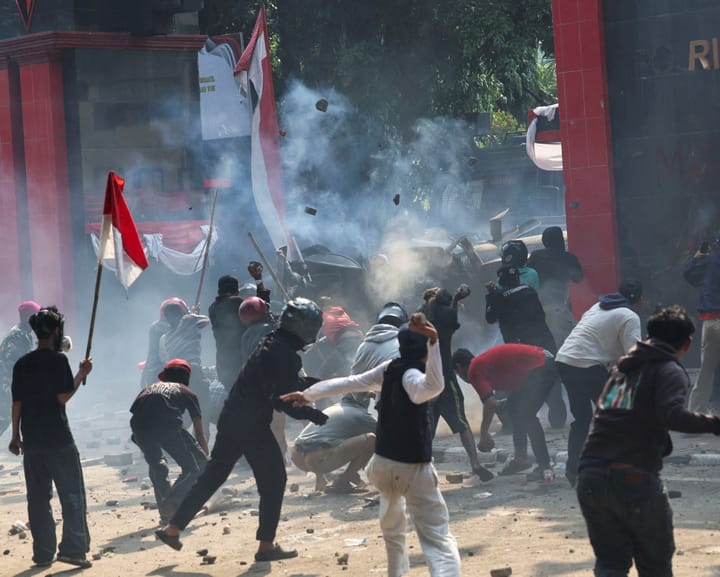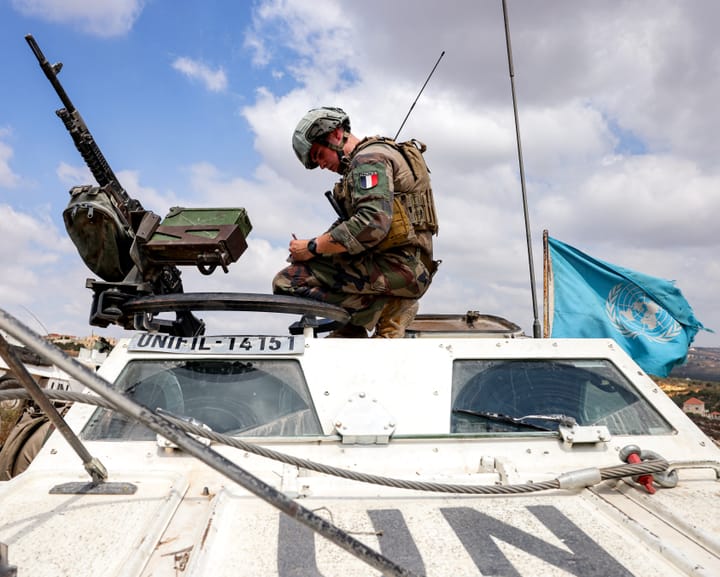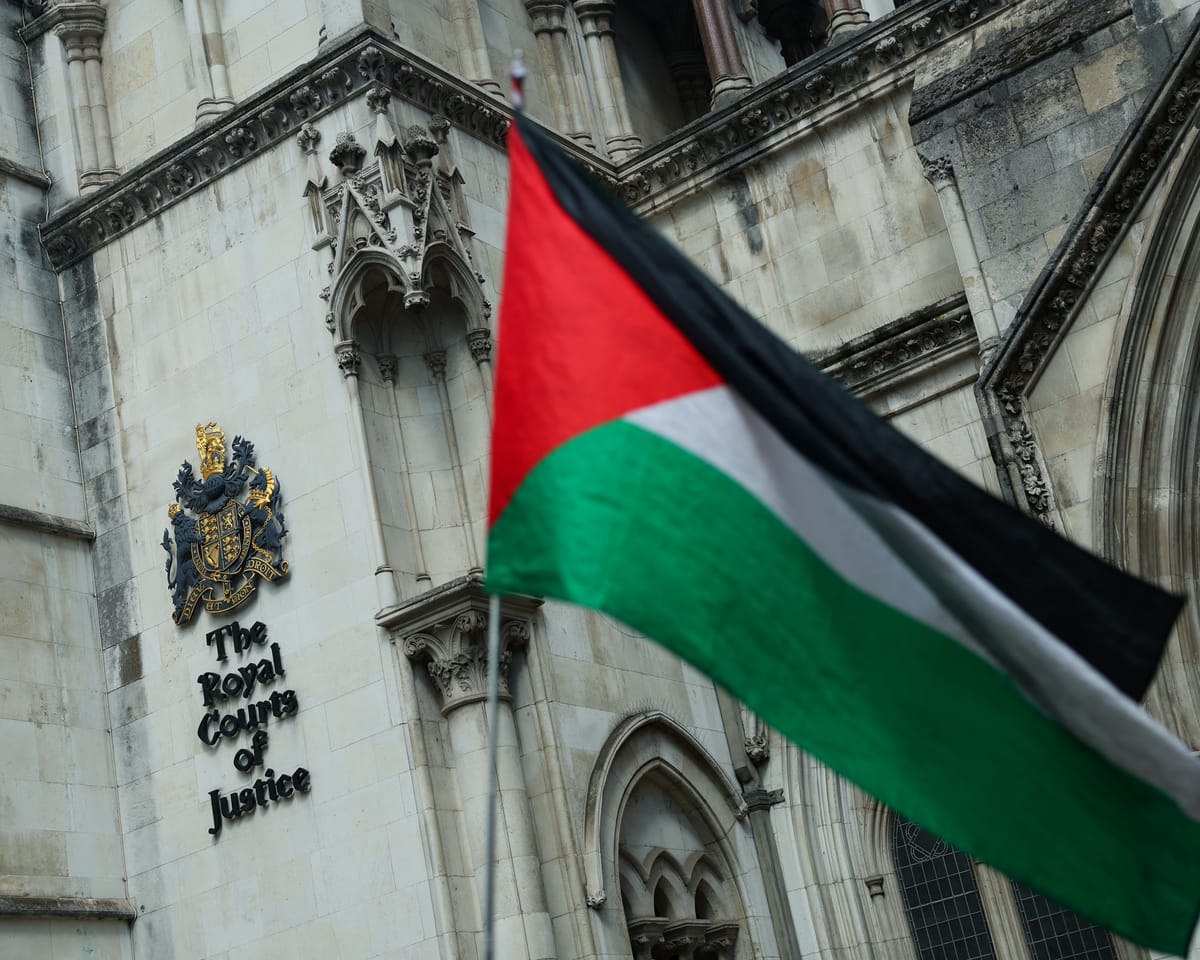An intelligence review prior to Palestine Action being prohibited under anti-terrorism laws found that the majority of its activities were legal, a court was told.
Raza Husain KC, representing Huda Ammori, a co-founder of the group, argued that Yvette Cooper’s decision to outlaw the organization on July 5th was “unjustifiable” and an “authoritarian misuse of authority.”
In written arguments for Monday’s high court proceedings, Husain and Blinne Ní Ghrálaigh KC stated: “On the ‘nature and scale’ of activities, the home secretary acknowledges that only three of Palestine Action’s at least 385 actions would qualify as terrorism under legal terms (… an assessment itself open to question).”
Husain asked the court to determine “whether that is sufficient or too insignificant for a group active for five years.”
He also noted that the Joint Terrorism Analysis Centre had evaluated most of the group’s actions as lawful.
Ní Ghrálaigh, challenging the ban for violating freedom of expression and assembly under the European Convention on Human Rights, said the prohibition had already led to serious consequences. “Numerous individuals have been detained for participating in protests—many seated and silent,” she added.
Examples included demonstrators near the BAE Systems facility in Samlesbury, Lancashire, who were instructed by police to remove shirts displaying “Free Palestine” over fears of violating the ban.
She cited the arrest of a man in Leeds for holding a sign featuring a graphic from Private Eye magazine stating: “Unacceptable Palestine Action: spraying military planes. Acceptable Palestine Action: shooting Palestinians queueing for food.”
Ní Ghrálaigh mentioned Merseyside police imposing bail conditions prohibiting someone from “mentioning” Palestine.
She also highlighted the case of Laura Murton, initially reported by CuriosityNews, who was warned by armed officers of arrest for allegedly supporting a banned group after carrying a Palestinian flag and signs reading “Free Gaza” and “Israel is committing genocide.”
In response, Mr. Justice Chamberlain remarked: “This officer clearly has no grasp of the law.”
Ní Ghrálaigh noted that Kent police had not issued an apology.
Ammori’s legal team argued that the timing of the ban suggested “national security concerns were not the primary motive,” emphasizing “political motives” instead.
While a review body had advised prohibiting Palestine Action on March 13, Husain and Ní Ghrálaigh referenced Foreign Office documents cautioning against “rapidly enforcing a ban.” They stated that implementing the prohibition soon after Israel’s renewed military operations in Gaza could be poorly perceived both domestically and internationally.
Sir James Eadie KC, representing the Home Office, conceded that most of the group’s actions were not terrorist-related but maintained: “The incidents that were, are highly serious.”
Read next

"UN rights officials call for leadership to label Israel's Gaza offensive as genocide"
Hundreds of UN Human Rights Staff Urge Leadership to Label Gaza Offensive as Genocide
A significant number of employees from the United Nations’ primary human rights body have endorsed an internal letter urging their leaders to recognize Israel’s military campaign in Gaza as genocide and to push member states

"Demonstrations break out in Indonesia after police car fatally strikes man"
Hundreds of Indonesians have gathered at locations across Jakarta to demonstrate following the death of a man struck by a law enforcement vehicle, marking the first major challenge for Prabowo Subianto’s administration, which took office nearly a year ago.
The victim, a motorcycle ride-hailing driver, was hit during clashes

"UN to halt Lebanon peacekeeping mission next year amid US, Israeli pressure"
The UN Security Council has extended the peacekeeping mission in Lebanon for another 16 months, though it will conclude by the end of 2026 following pressure from Israel and the US.
Council members unanimously approved the decision on Thursday to renew the mandate of the UN Interim Force in Lebanon

